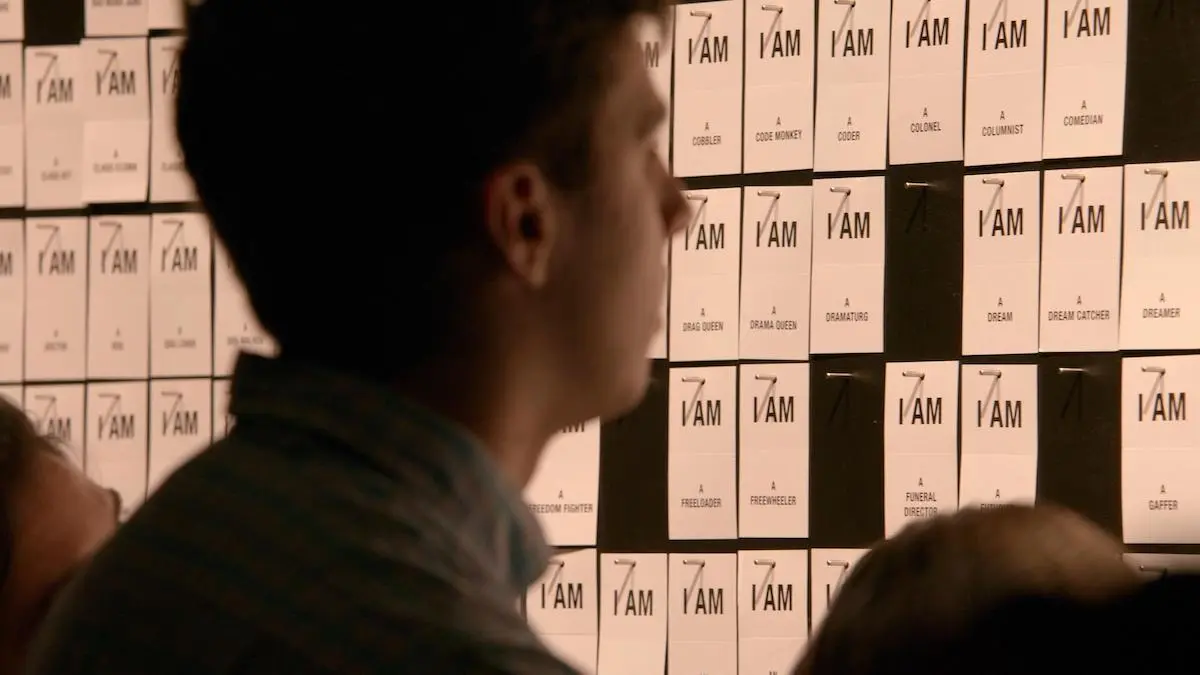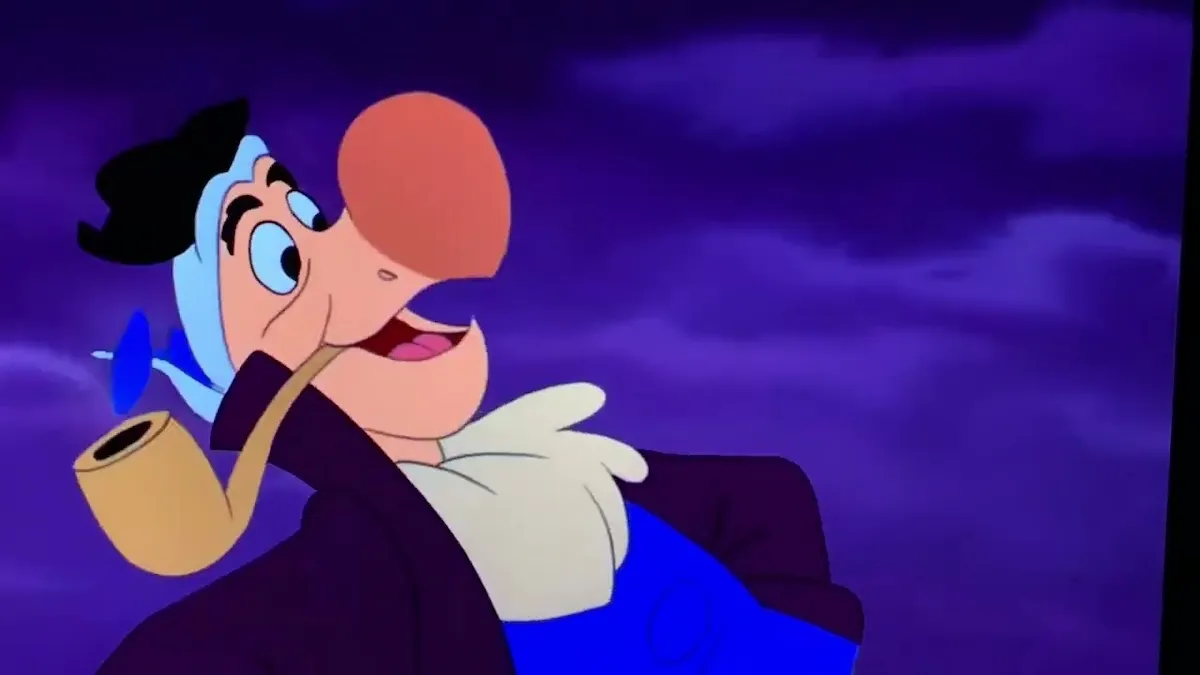Chances are that this has happened to you: you look at a word and suddenly it doesn’t look right. Maybe you’re playing Wordle or one of its variants and the letters L-A-U-G-H don’t seem like they should spell anything, even though you have a nagging feeling that you are actually looking at a real word. Maybe you’re trying to spell the word “computer” and your brain decides that the word has an A and two O’s. Maybe you’re working on an essay for school and you need to write the word “procrastinate,” and your mind just goes blank after that first P. Welcome to the weird world of wordnesia! Let’s take a look at what wordnesia is and why it happens.
Wordnesia Versus Semantic Satiation
Before we get into wordnesia, it’s important to note that wordnesia is a different phenomenon than semantic satiation, another common word-based brain blip. Remember that episode of Ted Lasso when Ted keeps repeating the word “plan” until it starts to sound weird and foreign to him? That’s semantic satiation, the phenomenon of a word breaking up into its component sounds and losing all its meaning when you repeat it too much. It’s sort of like when you accidentally squash a bag of chips and find them reduced to dust. Whatever they are now, they definitely don’t resemble chips anymore.
Wordnesia is a different thing. When you get wordnesia, a word will still sound familiar to you. However, you might completely blank out on how to spell it, or write it out and suddenly feel certain that you’ve spelled it wrong, even after you look it up. Or the word might just look funny to you. You might be struck by the fact that February has that R after the B for no obvious reason, or be plagued with doubt about whether the word drought describes a water shortage or a refreshing drink.
Why Do We Get Wordnesia?
The short answer is that we don’t know. Neuroscientists have some theories, though!
Charles A. Weaver III, whom Matthew J.X. Malady interviewed for Slate, points out that a lot of our daily tasks, including reading and writing, are done on autopilot—and the best way to disrupt one of those automatic processes is to consciously think about it. Think about playing an instrument or a sport and suddenly asking yourself, “Wait, am I doing this right?” That often leads to blanking out on how to perform the task. The same thing happens with wordnesia, even though we may not consciously be aware of questioning what we’re reading or writing. As Weaver explains, “anytime that you engage conscious monitoring of those parts that ought to be automatic, you get a hiccup.”
There you have it. If you get wordnesia, never fear! It’s a normal, harmless brain hiccup. Hickup. Hee-cup? Ah, shoot.
(image: Hulu)









